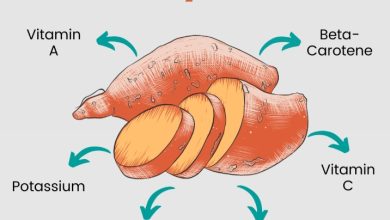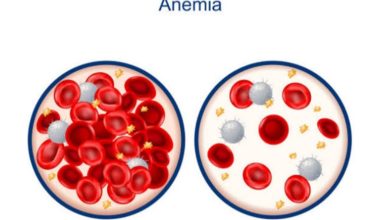Mastering Nutrition: An Overview of Food and Supplements

Food is the fuel that powers our bodies, providing essential nutrients needed for growth, repair, and maintenance. A balanced diet consisting of a variety of foods is crucial for optimal health and wellbeing. Aim to include a combination of fruits, vegetables, whole grains, lean proteins, and healthy fats in your meals to ensure you’re getting all the nutrients your body needs.
Food Supplements can be express as a substitute diet, while a healthy diet should provide most of the nutrients your body needs, sometimes it may fall short. In such cases, food supplements can bridge the gap by providing essential vitamins, minerals, and other nutrients. These supplements come in various forms, including pills, powders, and liquids, and are designed to complement rather than replace a balanced diet.
Types of Food Supplements
1. Vitamins: Essential for various bodily functions, vitamins such as A, B, C, D, and E are available as supplements.
2. Minerals: Important minerals like calcium, magnesium, iron, and zinc can be supplemented to support overall health.
3. Probiotics: These supplements contain beneficial bacteria that promote a healthy gut microbiome.
4. Omega-3 Fatty Acids: Derived from fish oil, omega-3 supplements support heart health and brain function.
5. Protein: Ideal for those who struggle to meet their protein needs through diet alone, protein supplements can aid muscle repair and growth.
6. Antioxidants: Supplements like vitamin C, vitamin E, and selenium help combat oxidative stress and inflammation.
7. Herbal Supplements: Extracts from plants such as ginseng, echinacea, and turmeric are believed to have various health benefits.
8. Fiber: Fiber supplements can help support digestive health and regulate bowel movements.
9. Amino Acids: These building blocks of protein are available as supplements to support muscle synthesis and overall health.
10. Multivitamins: Comprehensive supplements that contain a combination of vitamins and minerals to support overall health and wellbeing.
Read Also

Here are the Frequently Asked Questions (FAQs) about Food Supplements, that is important to addressed.
1. What are food supplements, and why are they important?
Food supplements are products designed to supplement the diet with nutrients that may be lacking. They are important for filling nutritional gaps and supporting overall health and wellbeing.
2. What types of food supplements are available, and how do they work?
Food supplements come in various forms, including vitamins, minerals, probiotics, and herbal supplements. They work by providing essential nutrients that may be missing from the diet or are needed in higher amounts for specific health purposes.
3. How can I choose the right food supplements for my needs?
It’s important to consult with a healthcare professional before starting any new supplement regimen. They can help assess your individual needs and recommend supplements that are safe and effective for you.
4. Are food supplements safe to use?
When used properly, food supplements are generally safe for most people. However, it’s essential to follow dosage recommendations and avoid exceeding recommended intake levels, as excessive supplementation can have adverse effects.
5. Can I get all the nutrients I need from food alone?
While a balanced diet should provide most of the nutrients your body needs, some individuals may require supplementation due to dietary restrictions, medical conditions, or other factors that affect nutrient absorption.
6. Are there any risks associated with taking food supplements?
While most food supplements are safe when taken as directed, there can be risks associated with certain supplements, especially if taken in high doses or combined with medications. It’s crucial to discuss any potential risks with a healthcare professional before starting a new supplement regimen.
7. How should I incorporate food supplements into my daily routine?
Food supplements should be used as directed on the packaging or as recommended by a healthcare professional. They can be taken with meals or on an empty stomach, depending on the specific supplement.
8. Can food supplements help with weight loss or muscle gain?
While some supplements may claim to aid in weight loss or muscle gain, they are not a substitute for a healthy diet and regular exercise. It’s essential to focus on overall lifestyle habits rather than relying solely on supplements for these goals.
9. Are there any interactions between food supplements and medications?
Some supplements can interact with certain medications, affecting their absorption or effectiveness. It’s important to inform your healthcare provider about all supplements you’re taking to avoid any potential interactions.
10. How long does it take to see results from food supplements?
The time it takes to see results from food supplements can vary depending on the individual, the specific supplement, and other factors such as diet and lifestyle. In general, it may take several weeks to months of consistent use to notice significant changes in health or wellbeing.




One Comment